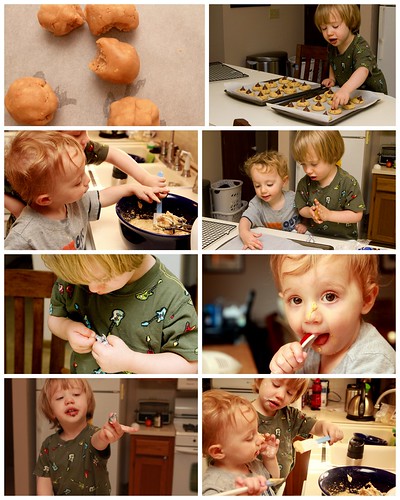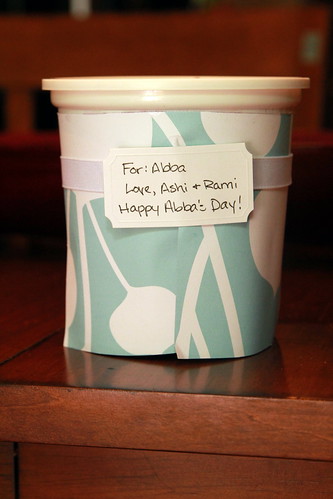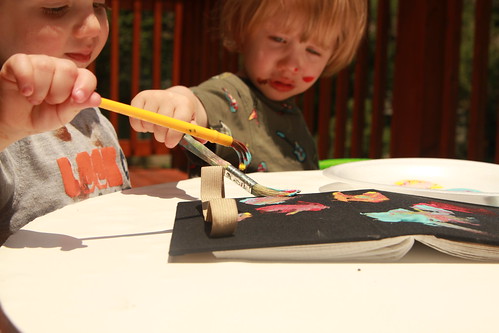Why plan a weekly menu? Well, you can head over to Laura's site for a full explanation, but here's the basic rundown: It saves you money -When you know exactly what you're planning to cook and eat during the week, you don't buy any groceries you don't actually need. This, of course, also prevents food waste - no food purchases on a whim that are later forgotten about and go spoiled in the fridge.
Personally, the #1 reason that I menu plan is because I hate - HATE - the nightly "what are we having for dinner?"
So, without further ado, here's what we're having for dinner this week at the Kopans Bayit. My mom and dad ("Saba and Savta" on our family blog) and my brother Steve are all schlepping in for the weekend, just to hang out. So this weekend's food is all something I can make ahead or throw together in just a few minutes. It also can feed a crowd.
Shabbat (Friday night) - Spinach Lasagna and Challah. I'm baking a double batch of challah because Steve LOVES his bread.
Shabbat lunch (Saturday afternoon) - Sweet and Sour Crock Pot Chicken over Rice.
Saturday - We'll probably go out for dinner since my parents are in town - I got $50 worth of gift certificates for $9 to a local pizzeria at restaurant.com, so I'm planning to use those towards dinner for the seven of us. Later that night, David and I are scooting out to a party for associates at his firm, and I'm sure there will be some tasty things there, too.
Sunday - Vegetarian Chili served with baked potatoes.
Monday - Whole grain spaghetti served with broccoli.
Tuesday - Raviolis served with peas.
Wednesday - Black bean quesadillas. These are made-to-order or our panini maker.
Thursday - Whole Wheat Pizza (Thursday is always pizza night.) I make this pizza dough in my bread machine and it is better than any pizza we've ordered!
So, who's coming over for dinner?






















